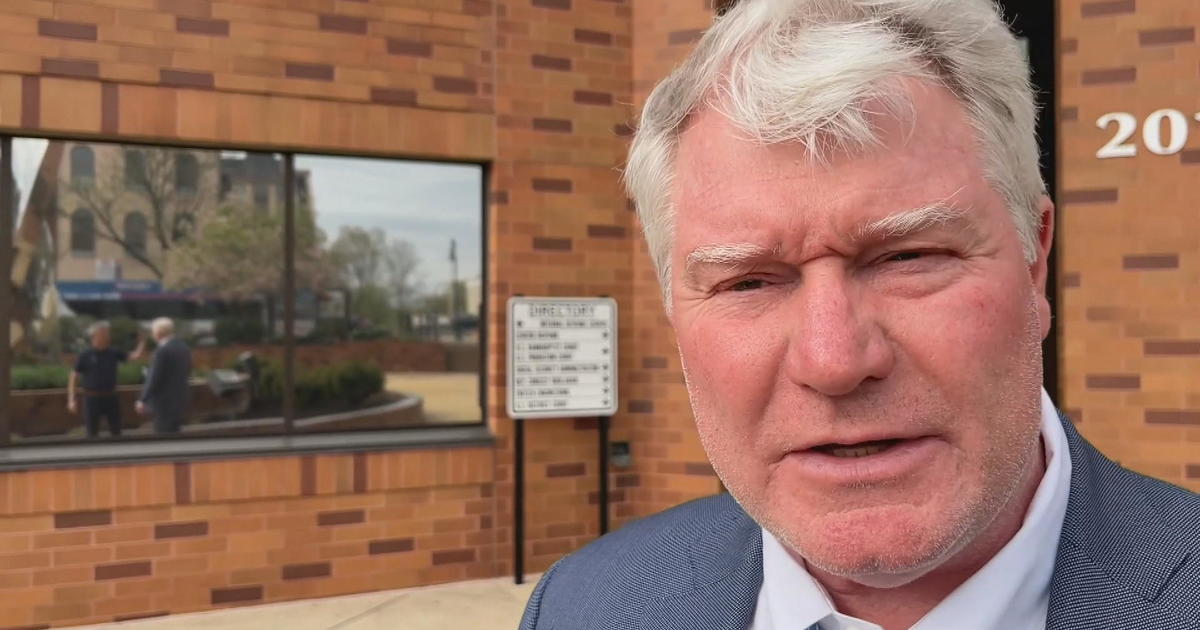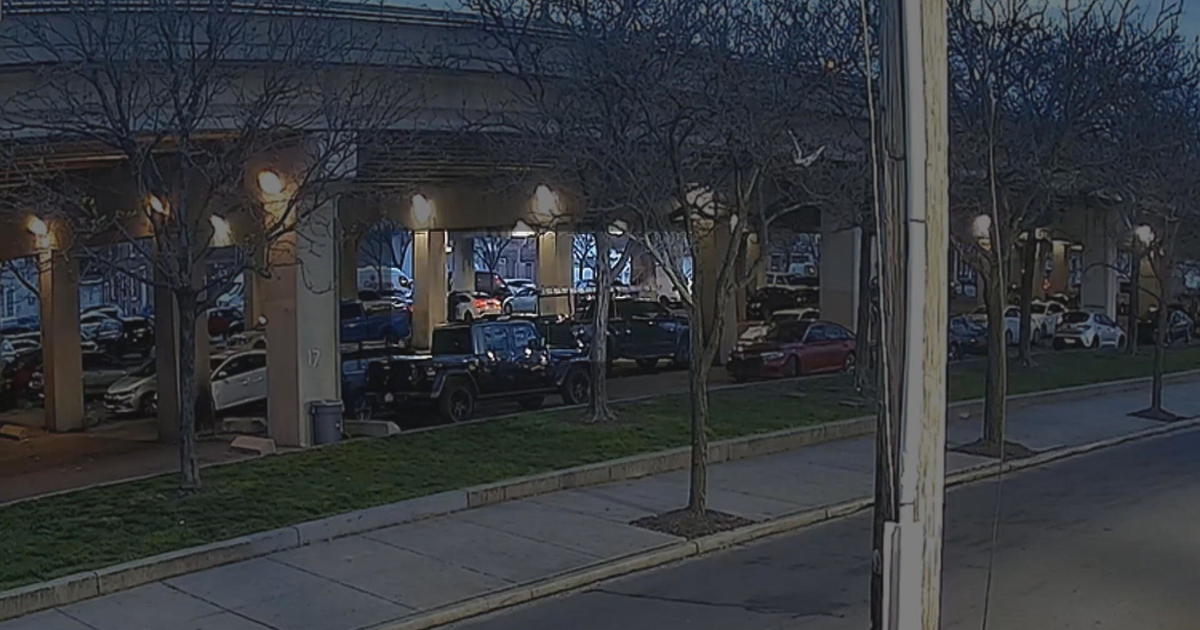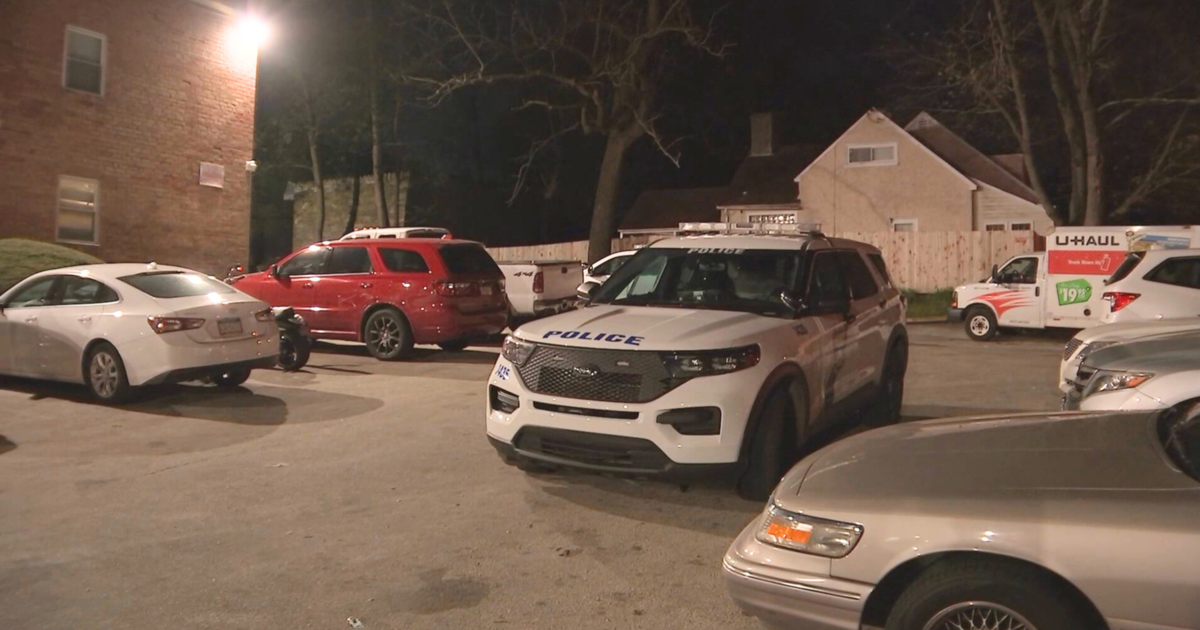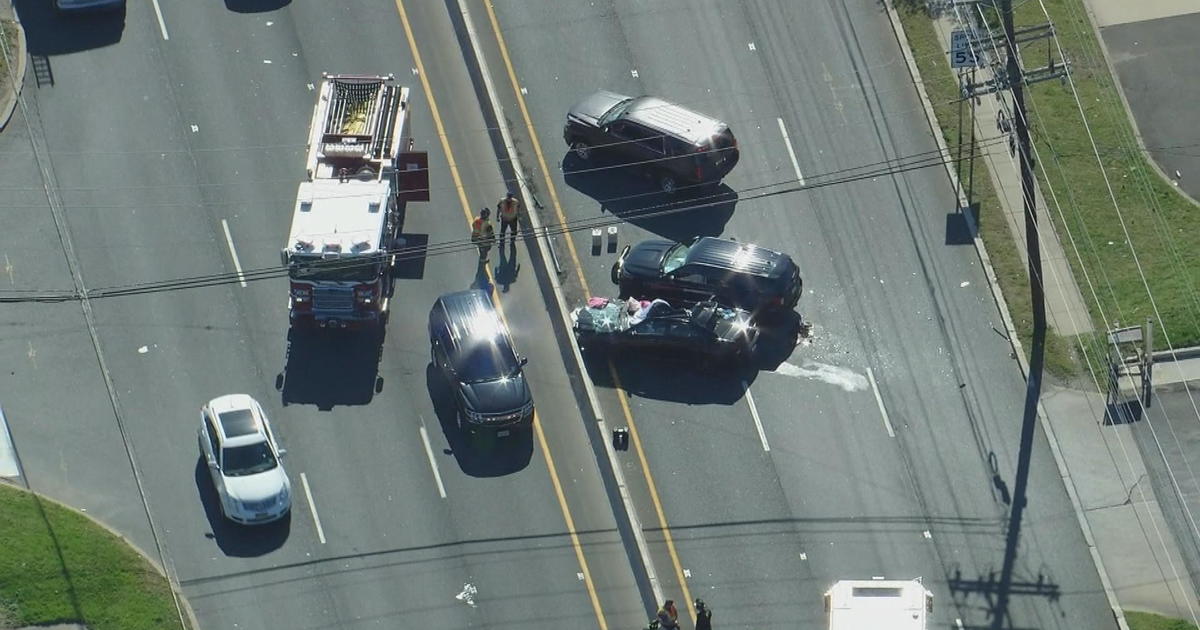Would Seat Belts Have Made A Difference In Amtrak Tragedy?
By KYW Medical Editor Dr. Brian McDonough
PHILADELPHIA (CBS/AP) - A former top U.S. transportation official says federal investigators looking into Tuesday's fatal train crash in Philadelphia should consider seat belts when they formulate their recommendations.
When you get into a car, you put on a seat belt. When you get onto a plane, you put on a seat belt. But when you get on a train, you don't have to put on a seat belt. One question that many people are asking: why don't people wear seat belts on trains?
A 2007 study by Britain's Rail Safety and Standards Board recommended against fitting train seats with seat belts, concluding they wouldn't necessarily reduce the number of serious injuries.
There have been other studies looking at the pros and the cons, but as we have more and more trains going faster and faster, there is concern about deceleration injuries.
One thing that would have to be done is the seats would have to have a type of belt which is the harness lap belt. That's because there is a feeling that if it was only a waist belt, there could be problems with torsion and twisting.
You'd also need to make sure all the people are in seat belts and they're only getting up on rare occasions. This is something that's not part of the typical train ride or train culture.
But, clearly, this is something that has to be looked at. More studies have to be done and evidence has to be gathered to make this decision because we need to know once and for all if seat belts should be in place, and if they could help.
(TM and © Copyright 2015 CBS Radio Inc. and its relevant subsidiaries. CBS RADIO and EYE Logo TM and Copyright 2013 CBS Broadcasting Inc. Used under license. All Rights Reserved. This material may not be published, broadcast, rewritten or redistributed. The Associated Press contributed to this report.)



